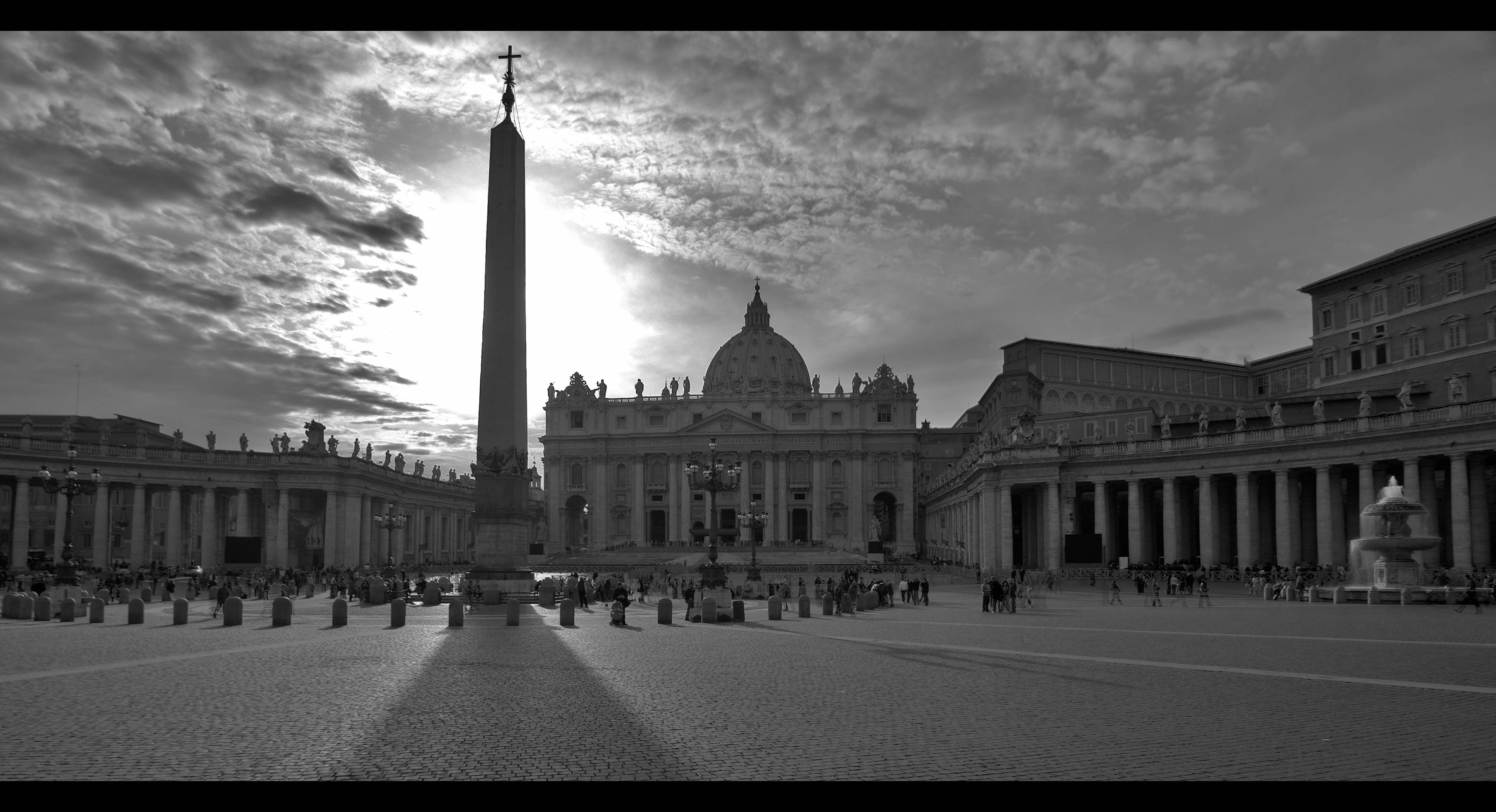The Church’s first scripture is an excerpt from the Old Testament Book of Exodus.
The Book of Exodus recalls the extraordinary events that led up to the liberation of the Israelites from slavery to the false gods of the Egypt.
Moses, an Israelite who had been adopted by the daughter of Pharoh (the god-king of the Egyptians) has been sent into exile to the land of Midian. It is in Midian that Moses is summoned by the Lord to act as his emissary and as God’s emissary manifests his power in signs and wonders.
These signs and wonders will be terrifying to behold.
Today’s scripture from the Book of Exodus, Moses hears that the Lord has not been indifferent to the sufferings of the Israelites and has come to rescue them.
This scripture foreshadows the revelation of Christ, who is the power of God sent to affect the liberation of his creation from the power of sin, of death and of the devil- who like the gods of the Egyptians, afflict and enslave humanity.
God in Christ presents his power in signs and wonders, the most significant of which is the cross, which is terrifying to behold.
God in Christ did not reveal himself to us as simply a teacher or social reformer, but as the Lord God himself, who seeing the affliction of humanity enslaved to dark powers, entered into the human condition so as to confront the dark powers directly and reveal to us that these powers, that, like the gods of the Egyptians, seem so fierce and invincible, can actually be defeated.
As Christians, we are, like Moses, emissaries of the Lord, charged with a mission to announce that the one, true God despises the sin that afflicts us, the death that frightens us and the devil that accuses us. Christians are meant, like Moses, to stand our ground athwart these dark powers and announce the power of God’s liberation in Christ.
The apostle Paul makes reference to Moses in his first letter to the Corinthians. His purpose is to remind us that despite the signs and wonders that were revealed and the power of God that was manifested to the Israelites, they were not faithful to God and the consequences of this infidelity was grim.
He warns us Christians that we should not take our relationship with God in Christ for granted or think that it exempts us from living in the manner that Christ asks us.
It is not enough simply to bear the name of Christian as if it were merely a title or something akin to an ethnic identity. Being a Christian is a way of life. This way of life makes demands on us and because of it we accept certain responsibilities.
St. Paul insists that it is not merely being designated as a Christian that is enough, being a Christian is more than that. The Israelites made that mistake and we should take care and be mindful of what it truly means to be a Christian or we will repeat the mistakes of our spiritual ancestors.
Today’s Gospel is strange as Christ the Lord makes reference to terrible events that were known to the people of his own time but seem obscure references to us. After these observations Christ the Lord speaks to us in a parable, the meaning of which is meant to not only teach us, but also to warn.
Christ makes reference to how Pilate mixed the blood of Galileans with the temple sacrifices (an unspeakable desecration and sacrilege). This horror is accounted for in the writings of the ancient historian Josephus as a response to acts of sedition against Roman rule (remember, the Israelites were subjects of the Roman emperor and their lands were under control of Caesar’s empire).
The other reference is to a terrible accident in which flaws in the construction of a tower results in the collapse of the structure and the deaths of many people.
What is this all about?
Christ is making references to these events in order to point out that life is precarious and has uncertain outcomes. Misfortune befalls just and unjust alike.
Christians will not be exempt from the raw facts of life. It is within the reality of this world that we will know our purpose and discover our mission.
So… Given the unpredictability and fragility of life, we should not defer until later what God asks of us today, which for the Christian is the demand of love.
This insight is a prepares us to consider the meaning of Christ’s parable.
The unfruitful fig tree is an image of the Christian who is unproductive and who generates little to nothing. Grace increases in us in the measure that we give it away. Holiness is evident, not just in one’s interior disposition, but in external actions that manifest one’s interior life. The Christian way of life is not about the evasion of responsibility, but about our willingness to love what Christ loves and to do what he asks us to do.
Because the fig tree is unproductive and does not generate life, it’s future is imperiled. It receives a reprieve, becoming the recipient of a mercy, a grace that is undeserved. God proves in Christ that he is the great giver of another chance.
If we are unproductive as Christians, there is the opportunity right now to repent of our indolence and resistance, but this opportunity, like life itself, has its own expiration date.
Life is short and unpredictable. Christ insists that he has work for us do during our lifetimes. Our time to love is limited. We must be attentive and be productive on behalf of love, for our opportunities to love what Christ loves and serve what Christ serves are not unlimited.
The time to be a Christian is now, not later.






